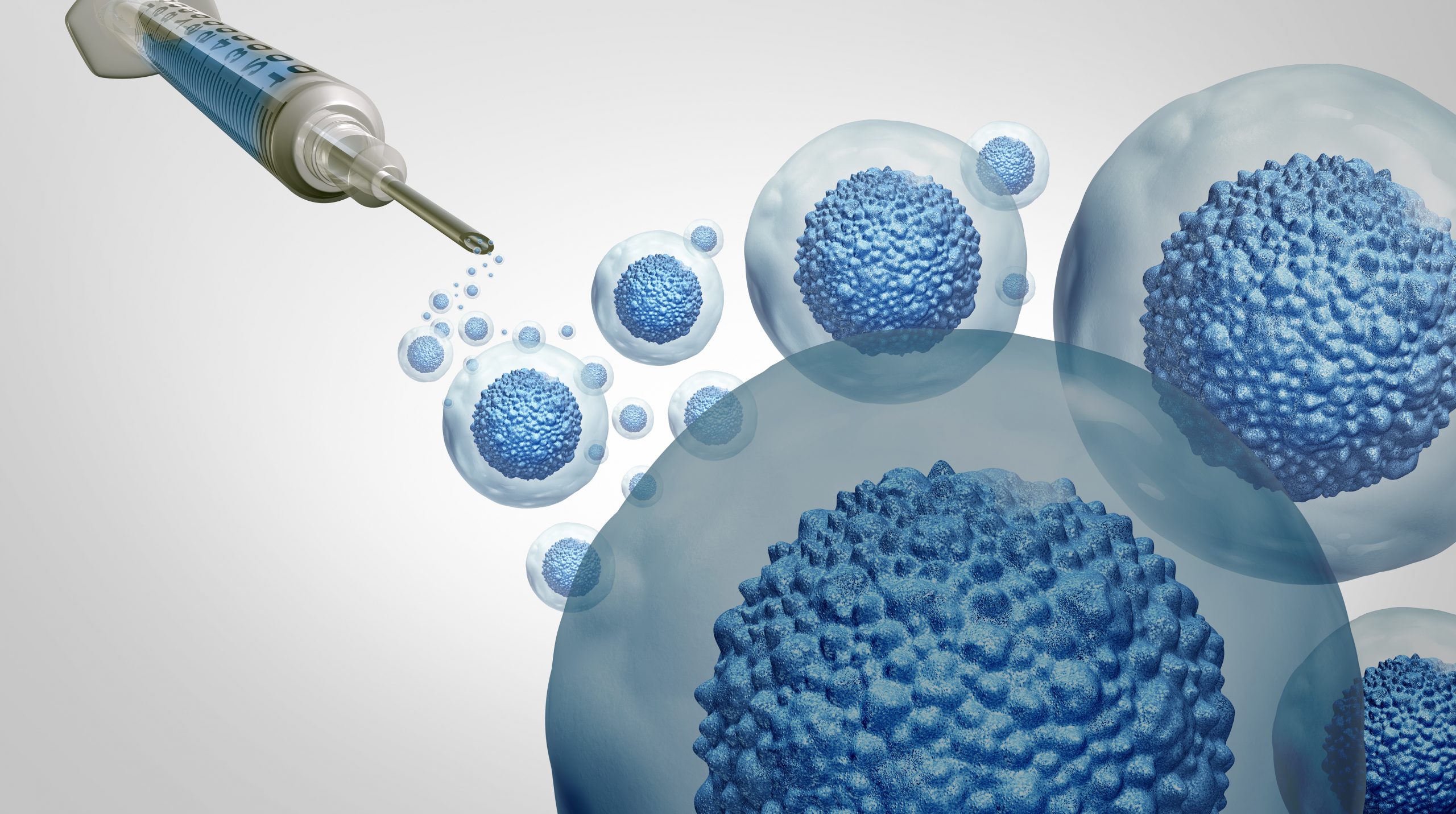What are Cancer Stem Cells?

To date, cancer stem cells are known mainly to oncologists, although they are crucial in cancer therapy, the prognosis of the disease, and a patient’s chances of recovery.
Sequencing the DNA of cancer stem cells from a patient’s tumor sample can provide important information about the patient’s disease, including the likelihood of developing metastases. Until recently, the importance of cancer stem cells was only evident when it came to developing experimental anti-cancer therapies. However, as scientists are moving further and further into the study of cancer stem cells, this knowledge is becoming relevant to patients as well.
The Role of Cancer Stem Cells in Cancer Treatment
Cancer development always starts with a single mutated cell. This mutated cell can continue to divide and become the “mother” cancer stem cell of a new malignancy. Cancer stem cells result from random mutations of healthy stem cells, such as bone marrow. Or due to mutations in different kinds of “differentiated” tissue cells, i.e. mature cells of different organs. For example, cells in the skin, breast, liver, lungs, pancreas, and other organs.
Each individual tumor contains relatively few cancerous stem cells. However, they are extremely resistant to chemotherapy and radiation therapy. This resistance to conventional treatment seems to be the main cause of relapses: it is the practically invisible residual cancer stem cells that survive after “successful” treatment that are responsible for disease recurrence.
Therefore, scientists are constantly searching for new methods to recognize and destroy the minimal residual malignancy containing cancer stem cells, including metastases. If drug-resistant cancer stem cells are not recognized by the patient’s immune system, they continue to divide.
Since the patient’s immune system is often unable to prevent this, tumor growth occurs, causing a general deterioration of the patient’s physical condition and quality of life. While trying to control the progressive disease, the adverse reactions from new ineffective chemotherapy combinations will pile up.
What Makes Cancer Stem Cells Special?
Like regular “healthy” stem cells, cancer stem cells have two key characteristics: the ability to differentiate (in this case, into cancer stem cells), and the ability to reproduce themselves, that is, the ability to divide and multiply.
In addition, unlike rapidly proliferating ordinary cancer cells, they have the unique ability to go into a so-called “cancer hibernation”. In this “hibernation” state, they are able to avoid the deadly effects of chemotherapy and radiation therapy. Since most chemotherapy drugs, as well as radiation therapy, are most effective against dividing cells, this ability allows them to resist conventional anti-cancer treatments and create new generations of cancer and mutant cells.
“Cancer hibernation” partially explains late relapses of original cancer, which can sometimes occur many years after responding to conventional anti-cancer treatments. Therefore, patients who respond successfully to conventional treatments cannot be considered cured until the disease has been present for at least 5 years, or sometimes more. In rare cases, cancer stem cells can remain dormant for over 10 years.
The ability of cancer stem cells to mutate spontaneously (or in response to chemotherapy or radiation) can pose an additional danger. Not only will they become more resistant to conventional treatments, but they are also more likely to generate new cancer stem cells with multiple drug resistance. Therefore, patients often stop responding to initially successful treatments.
What does This Mean for Cancer Treatment?
In short, the more cancer stem cells a patient has and the more resistant they are to conventional therapies, the less chance they have of being cured. Thus, new immunotherapy methods with a greater ability to detect and destroy cancer stem cells have significant advantages.
However, because of the aforementioned ability of cancer stem cells to easily create new mutations, it is impossible to develop a “standard” universal treatment to eliminate residual cancer stem cells. That is why cancer treatment must be fully personalized and applied immediately after diagnosis, otherwise there remain high risks of developing a drug-resistant form of cancer with an unfavorable prognosis.

